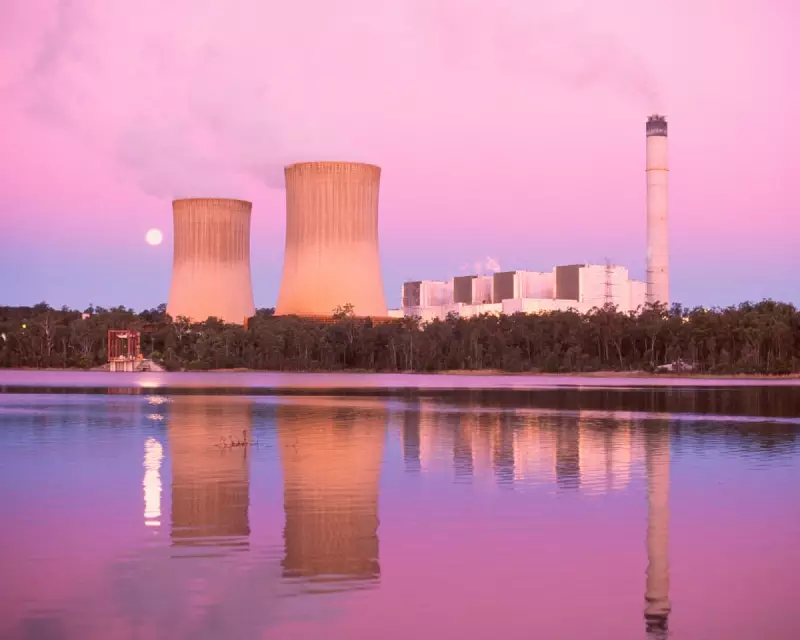
In a dramatic energy policy reversal that's sparking environmental concerns, Queensland's state government has announced it will extend the operating life of its publicly-owned coal-fired power stations by up to a decade beyond their scheduled closure dates.
Major Shift in Energy Timeline
The revised plan means key facilities including the Stanwell and Gladstone power stations could continue burning coal until the mid-2030s and early 2040s respectively. This represents a significant departure from previous closure timelines that would have seen these plants phased out much earlier.
Energy Minister Mick de Brenni defended the decision, stating that keeping the coal plants operational is essential for maintaining energy security during the transition to renewable sources. "We're being pragmatic about the energy transition," he explained. "This ensures we keep the lights on while we build the renewable infrastructure of the future."
Environmental Backlash and Economic Justification
The decision has drawn immediate criticism from environmental groups and climate activists. The Australian Conservation Foundation condemned the move, arguing it "locks in decades of additional carbon emissions and undermines Australia's climate commitments."
However, the government maintains the extension is necessary to:
- Prevent premature price spikes for consumers
- Ensure grid stability during the renewable rollout
- Protect jobs in regional communities dependent on the power stations
- Avoid supply shortages during peak demand periods
The Renewable Energy Context
Queensland continues to invest heavily in renewable energy, with ambitious targets to source 80% of its power from renewables by 2035. The government insists the coal plant extensions won't derail these goals but will provide crucial backup capacity.
Energy experts are divided on the decision. Some see it as a necessary bridge to prevent blackouts, while others warn it could slow investment in cleaner alternatives and increase Australia's carbon footprint during critical climate years.
The extended timeline means Queensland will remain heavily dependent on fossil fuels well into the next decade, creating new challenges for Australia's national emissions reduction targets and placing the state at the centre of the country's ongoing energy debate.





